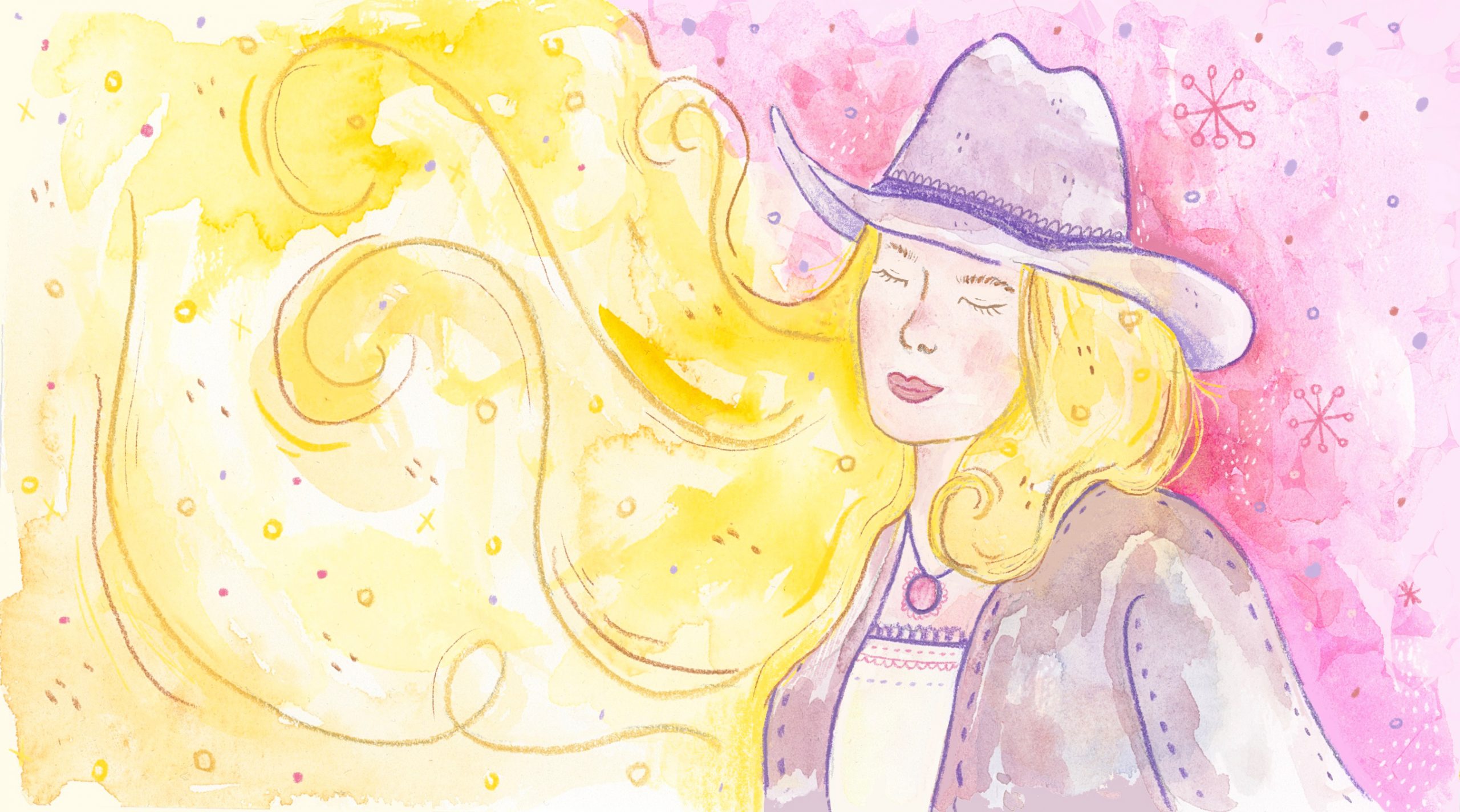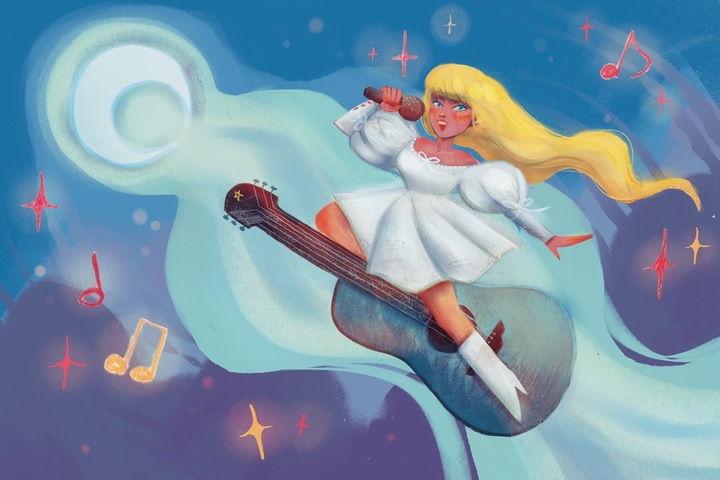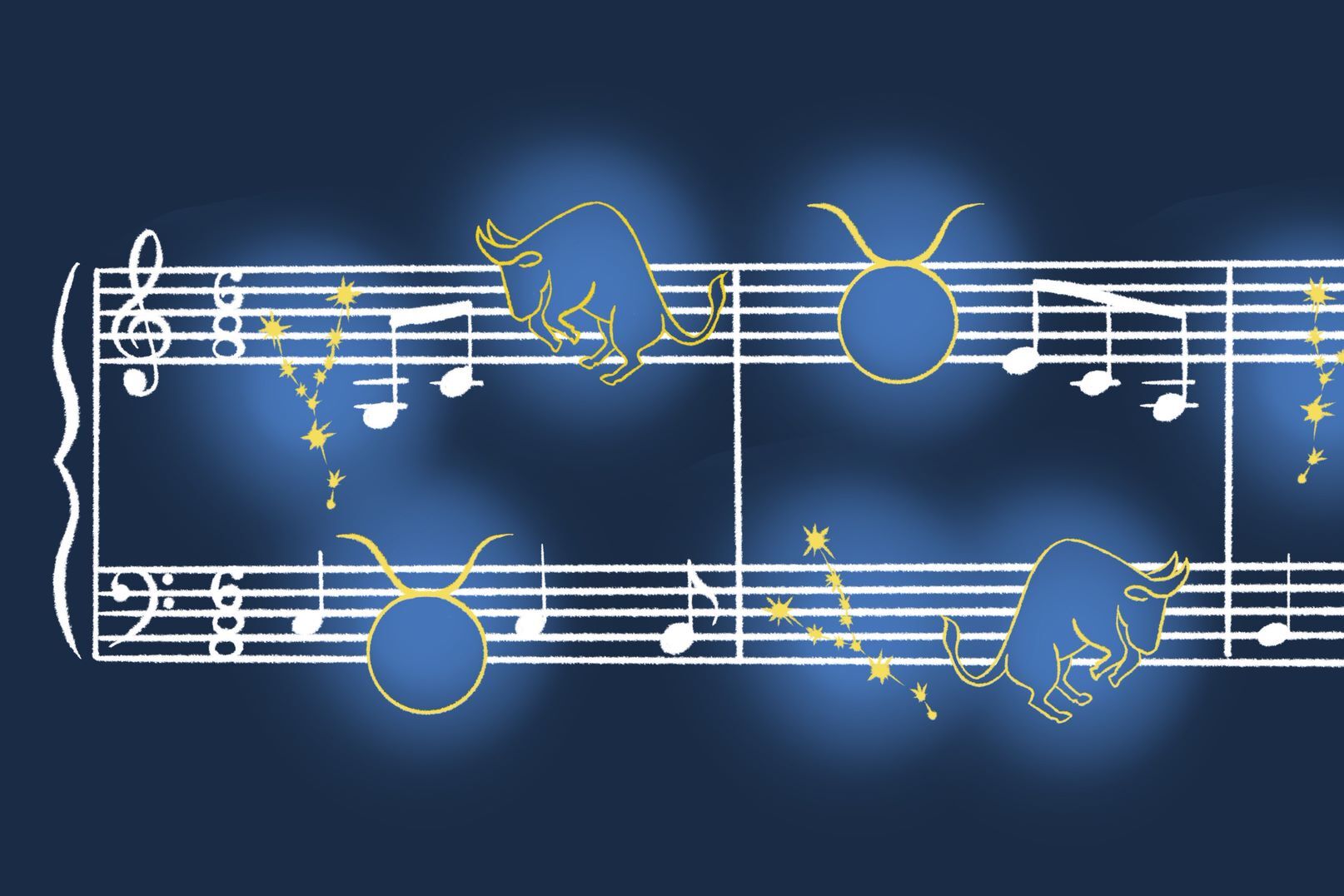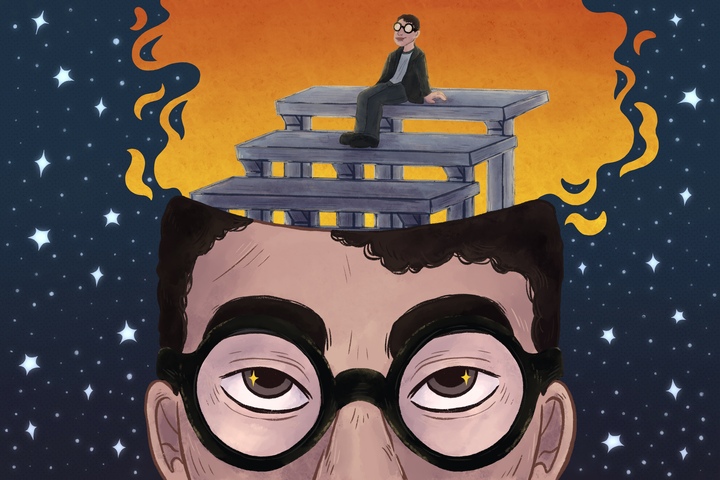Taylor Swift has had a chameleon-like presence in pop since the outset of her fifteen year and counting music career. For Swift, each album cycle seems to mark a new era of her life, from her start in pop-infused country, to the synth-pop inspired 1989, and now the cottagecore aesthetic of her latest releases. It leaves fans and critics alike to question the motives behind these relatively frequent sea-changes. Does Taylor push cultural boundaries, or does she merely ride the capitalist wave of whatever trend is most relevant? Is she organically evolving with the times, or is each album cycle a calculated move to stay relevant?
The music industry is notoriously rife with manipulation of artist’s images to make them as marketable as possible, this is no secret. But Taylor Swift has received a fair bit of rancor since 2019 stemming from accusations of appropriating LGBT culture and engaging in queerbaiting.
Claims that Swift’s support of the LGBTQ community is less than genuine really started to pick up upon the release of her music video for the “LGBT anthem”, “You Need to Calm Down” off of the album Lover. It depicts a bunch of queer celebrities, including Hayley Kiyoko, Ellen Degeneres, and the entire cast of Queer Eye, participating in joyous antics amongst the backdrop of an anti-LGBT protest. To end the video, Katy Perry and Taylor, respectively sporting burger and fry costumes, make amends with a hug.
While its a pretty watered down analysis of the problems that queer people face, ignoring the nuances and violence that discrimination entails, the worst I could say about it is that it’s just a little cringe-y. The video’s goal isn’t necessarily to educate those against the fight for LGBT rights–the intention seems to be to celebrate those in the community and show that queer people can, in fact, live happy lives. It is extremely important to educate people on the realities of the LGBT struggle, but depictions of violence tend to perpetuate a terrible cycle and lend to a collective trauma.
Swift is, ostensibly, a straight celebrity making money off of an appeal to gay fans. In the past, she was notably silent when it came to political statements. An oft-cited example of her lack of empathy towards the community is the lyric, “Tell all your friends I’m crazy/that’s fine, I’ll tell mine you’re gay”. This does call into question the sincerity of her newfound mantle of allyship, certainly. There have been great strides made towards equality for LGBT people since the earlier years of Swift’s career and when she decided to become an outspoken ally, and other celebrities such as Lady Gaga adopted an openly pro-LGBT stance at riskier times. For some, this lateness is reason enough to entirely discount Swift’s activism.
Despite these advancements, there’s a long way to go. A bubbly music video won’t fix all problems, but GLAAD, an LGBT advocacy organization, reported an increase of donations after the release of “You Need to Calm Down”. In a smaller way, Swift’s openness about her support for the community could go a long way in helping LGBT youth–it’s extremely scary to be young, queer, and feel like mainstream culture doesn’t even know you exist. Even though Taylor Swift isn’t the end all be all of representation, she provides a path to more fulfilling outlets.
Another accusation lobbed at Swift is that of queerbaiting, or the practice of teasing LGBT representation but never fulfilling the promise. Examples of behavior that could be perceived as queerbaiting include: switching the pronouns of lyrics in live performances, a bisexual flag-colored wig in the aforementioned music video, and according to a review in the Vermont Cynic, the overall “queer” feeling of folklore. Out of the blue, Swift shared a new single from gay singersongwriter girl in red, calling to mind the coded question, “Do you listen to girl in red?”, a way to covertly ask about a woman’s sexuality. Most contraversially, she teased the release of news on April 26th of 2019, also known as Lesbian Visibility Day which turned out to be a single drop rather than a widely speculated coming out. This all begs the question–is Taylor queer herself? Does she simply resonate with the experience of queer women as an ally? Or is there something more nefarious going on in the name of album sales?
Entire articles could be written analyzing the pursuit of deciphering Taylor Swift’s sexuality (and there have been articles written on the topic). Celebrities, despite their fame, ultimately do have the right to privacy, and for many, sexuality could easily be a personal matter. It’s frankly quite difficult to get to the bottom of one’s sexuality–it’s easy to ignore the signs out of a lack of awareness or a desire to stay “normal”. Swift could be dipping her toe into LGBT topics and causes as a way to explore her sexuality, or she simply could be trying to use her platform to achieve some good. While it can be a fun game to try and prove what someone’s sexuality is or is not, it’s not really fair to those trying to discover things for themselves at their own pace.
Taylor Swift has definitely made a few missteps in terms of representing LGBTQ+ people in the media that she creates. Ultimately, in my humble opinion, it’s a step in the right direction for mainstream musicians to bring awareness to the queer experience. Oftentimes it’s a hindrance to push people to come out early if they don’t feel ready, or might not even want to come out at all–its important to allow space for exploration, especially in a heternormative world. This is not to minimize the harmful media tropes surrounding queer people do exist, or the fact that there is always room for improvement in a celebrity’s endeavors to be more inclusive. Positively intentioned statements like Swift’s might always be tainted with the disingenuous stench of capitalism while it reigns, but for me, that doesn’t completely negate the message of acceptance.



